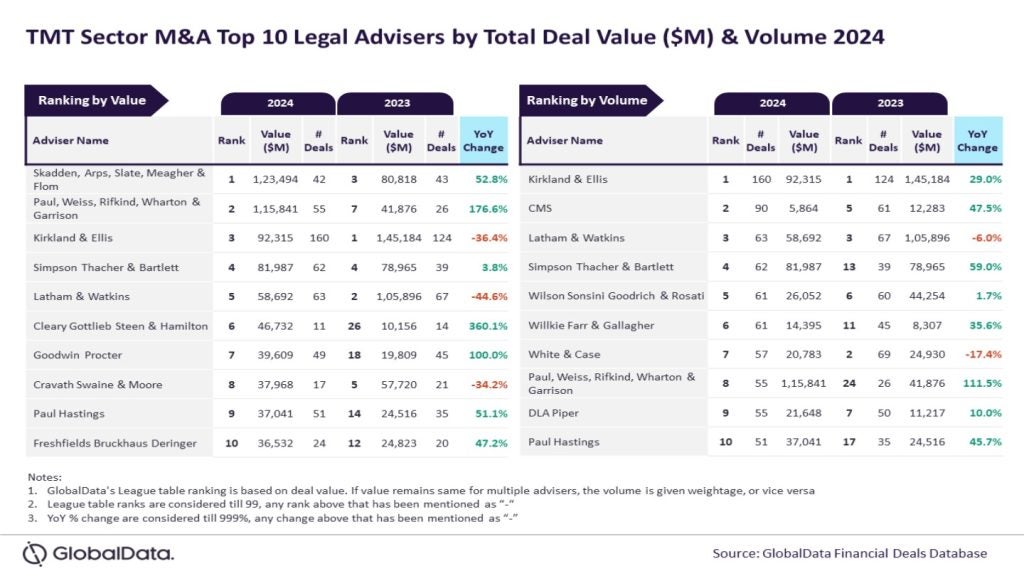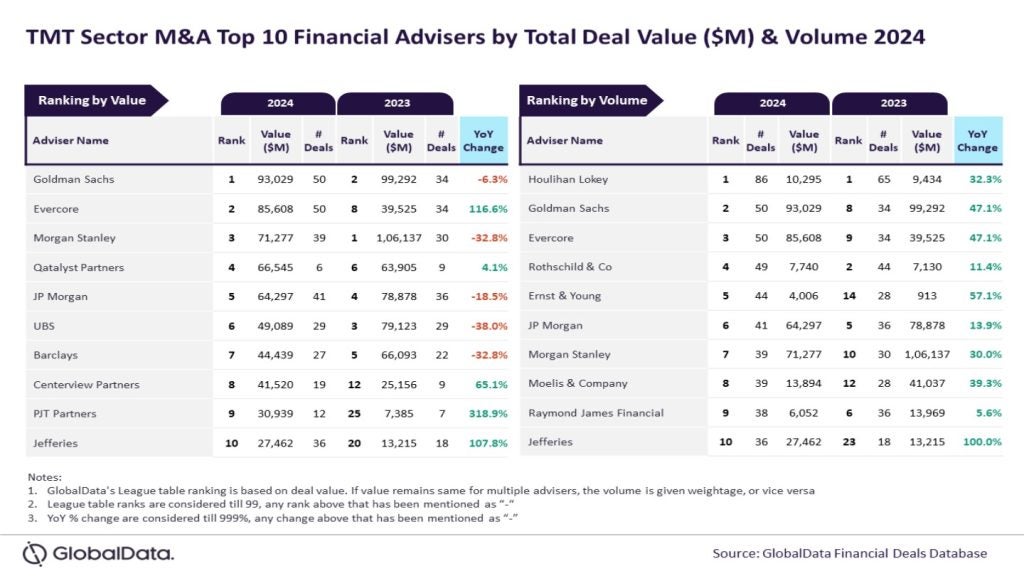US telecom carriers are getting more involved in AR and VR, merging virtual and physical worlds to expand their brand reach as companies worldwide stake out their territory in what is essentially the precursor to the highly vaunted metaverse.
Telcos’ multi-pronged efforts to excite customers about augmented and virtual realities involve becoming active participants in immersive experiences and providing devices that customers can use to engage with metaverse-like platforms.
AR and VR each have roles to play
AT&T this month unveiled an AR Group Effect for use on Instagram and Facebook Messenger video calls. Called Warp Speed Worm, the new AR game is built upon Meta’s Spark AR platform and is a takeoff on the classic Snake game introduced in 1997. In this version, users on group calls nod to begin the action and then tilt their heads to steer the AR worm. AT&T is using Warp Speed Worm to tout its 5G network’s high bandwidth and low latency.
On the VR front, AT&T partnered with 100 Thieves in October to create its own VR world, AT&T Station, within the free-to-play game VRChat. Using either a PC or a PC-tethered VR headset, users can link with one another, play interactive games inspired by 100 Thieves personalities, watch HBO Max trailers on a cinema-sized screen and more.
Having its own VRChat destination enables AT&T to showcase its technologies and HBO shows via an immersive experience within its own VR world. The launch of AT&T Station is a follow-on to the January 2021 news that AT&T had launched a relationship with highly recognizable lifestyle brand and gaming organization 100 Thieves, becoming the organization’s official 5G and fiber innovations sponsor as well as the presenting sponsor for 100 Thieves’ VALORANT esports team.
Monetization paths are emerging from virtual worlds
Rival carrier Verizon opened a virtual store in Snapchat’s Snap Holiday Market during November’s Black Friday weekend. The Snap Holiday Market, accessible via the app, features immersive AR experiences from just six brands – Coca-Cola, Hollister, Prime Video, Under Armour, Verizon, and Walmart – lending a significant element of exclusivity to their appearance and their offers. Verizon’s involvement in virtualized shopping experiences helps inculcate its customers regarding metaverse-like experiences that combine daily activities, like holiday deal-hunting, with AR.
How well do you really know your competitors?
Access the most comprehensive Company Profiles on the market, powered by GlobalData. Save hours of research. Gain competitive edge.

Thank you!
Your download email will arrive shortly
Not ready to buy yet? Download a free sample
We are confident about the unique quality of our Company Profiles. However, we want you to make the most beneficial decision for your business, so we offer a free sample that you can download by submitting the below form
By GlobalDataCompatible devices are, of course, key to enabling participation in augmented and virtual realities. To that end, Verizon also introduced Nreal Light mixed reality glasses to the US in time for the end-of-year holiday shopping season, selling the devices in stores and online for $599.The glasses, which include outward-facing cameras, turn Android mobile apps into AR by enabling a user wearing the glasses to view and access the apps via the eyeglass display. In addition, a VR Cover that blocks the outside world from view can convert the Light into makeshift VR glasses.
Look for telcos to continue extending their brands into virtual worlds to engage customers, increase brand awareness and sell their services. They will be aided by the introduction of new devices that open immersive experiences to the mass market, promising to expand awareness and engagement.









Related Company Profiles
Hollister Inc
Under Armour Inc